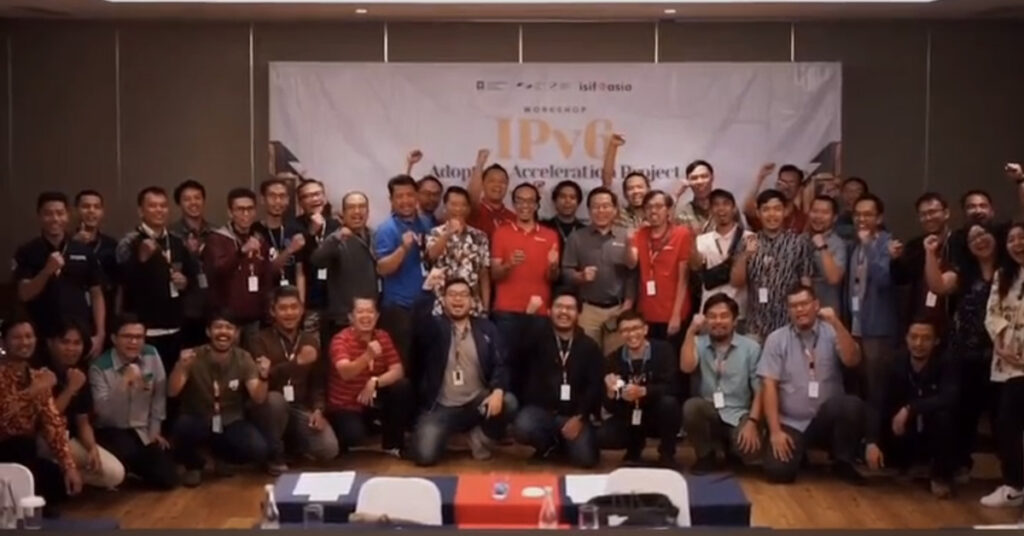Foundation Projects
IPv6 Anywhere, Accelerating IPv6 Adoption with Multiple Models of IPv6 Deployments
Universitas Islam Indonesia
IPv6 deployment has been a challenge in many countries, including Indonesia. In 2018, Universitas Islam Indonesia (UII) started using IPv6 but faced minimal bandwidth usage due to the limited availability of IPv6-based content and infrastructure. However, the landscape has changed, with more global content providers delivering their content via IPv6. Despite this progress, less than 15% of users in Indonesia were using IPv6 as of the last assessment. UII, consistently a top IPv6 user in the country, was awarded by the Ministry of ICT of the Republic of Indonesia in December 2023 for its IPv6 achievements. The university was working to replicate and improve its IPv6 deployment strategies in sectors such as education and government to accelerate implementation across Indonesia.
The project aimed to deliver IPv6 to end-users and organizations with minimal effort, focusing on higher education institutions, research organizations, and government agencies. It proposed intensive workshops on IPv6 and delivered an easy-to-implement, SDN-based solution for distributing IPv6 addresses to address the lack of IPv6 adoption in Indonesia. The project began with workshops and training for engineers, the main targets in deploying IPv6. It then continued with IPv6 deployment, providing tunnel-broker appliances to pilot participants.
During the project, there were at least three significant achievements. Firstly, specialized workshops and training sessions were conducted, engaging 108 participants from 64 institutions and highlighting the keen interest in and the need for IPv6 knowledge across various sectors. Secondly, tunnel broker software was developed and successfully implemented as a proof of concept in some participating organizations. Thirdly, academic research complemented practical efforts, resulting in a paper based on a detailed survey. This paper emphasized the need for IPv6 workshops to address real-world engineering challenges, such as large-scale IPv6 deployment in enterprises.

Related:


